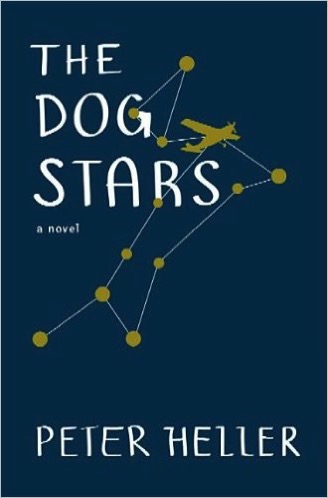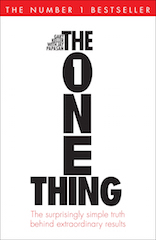Note: For some time I have kept, on index cards, written notes about the books I’ve read. I decided to share some of these thoughts here, and will be posting them, one by one on individual books, in no particular order. I’ll group them all together on a central page later. For now I’m assigning them all to my Book Notes category. Thanks to Derek Sivers for the inspiration.

The Dog Stars, by Peter Heller
Published: 2013
ISBN: 1611736137
Amazon link
Rating: 8/10
Brief recap: A beautifully written, hope-infused post-apocalyptic novel. Yes, you read that right.
My notes:
-
I am not ashamed to admit I an enamored of post-apocalyptic fiction. Like another well-known book about a disaster-struck world, Cormack McCarthy’s “The Road,” this novel tells the story of handful of people left behind after most of the world’s population has been wiped out. But unlike “The Road,” as some reviewers have noted, this book — while it does contains some very real nastiness — is dominated by the protagonist’s love for his deceased wife, his bond with his beloved dog, and his hope that the future may bring salvation of some sort. In other words, it is strangely optimistic. And very moving.
-
Narratively speaking, Heller does an excellent job recounting, in bits and pieces via flashbacks, the sickness that befell humanity. But rather than get into highly specific medical or scientific details, he hints at symptoms and theories, leaving the reader to ponder precisely what happened. Similarly, the reader gleans just enough details about the how chaos unfolds to still leave some questions unanswered. This is not, in other words, “World War Z,” replete with gory details (and zombie attacks), viewed from some future standpoint.
-
The novel is set in Colorado, and there are some really gorgeous passages here about nature: mountainous vistas, deer, trout. Striking stuff.
-
This is a book aviation buffs will enjoy, as the narrator, Hig, lives with his partner at an abandoned airport. Hig frequently takes his Cessna out to patrol surrounding areas and visit other survivors, and the book has some detailed passages about the experience of flying.

